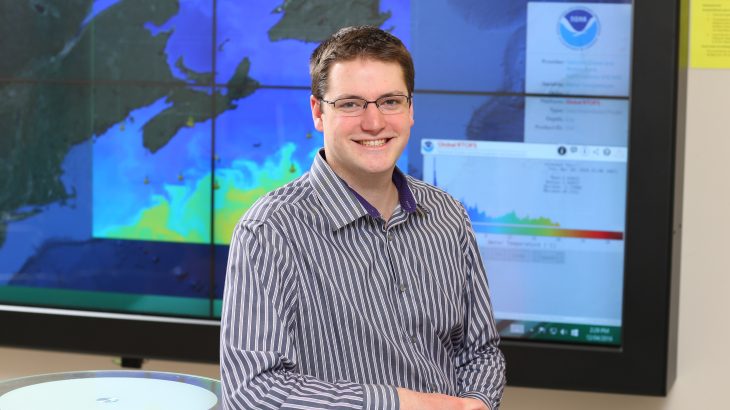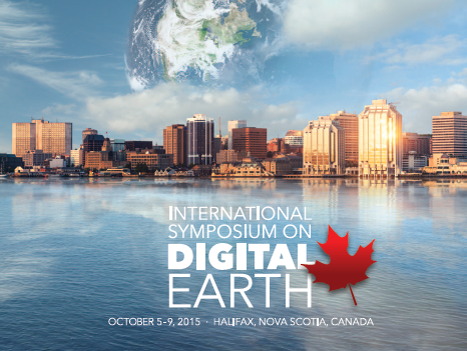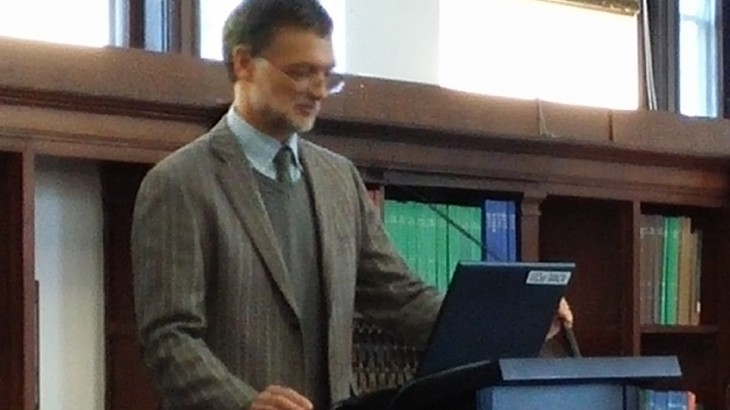
Lee Wilson, Master of Library and Information Studies (MLIS) student with the EIUI research program, successfully defended his thesis on 30 November 2015. His research examined several aspects of inter-organizational communication among organizations affected by tidal power developments in the Bay of Fundy region in Atlantic Canada. Capturing tidal energy through the implementation of tidal […]



